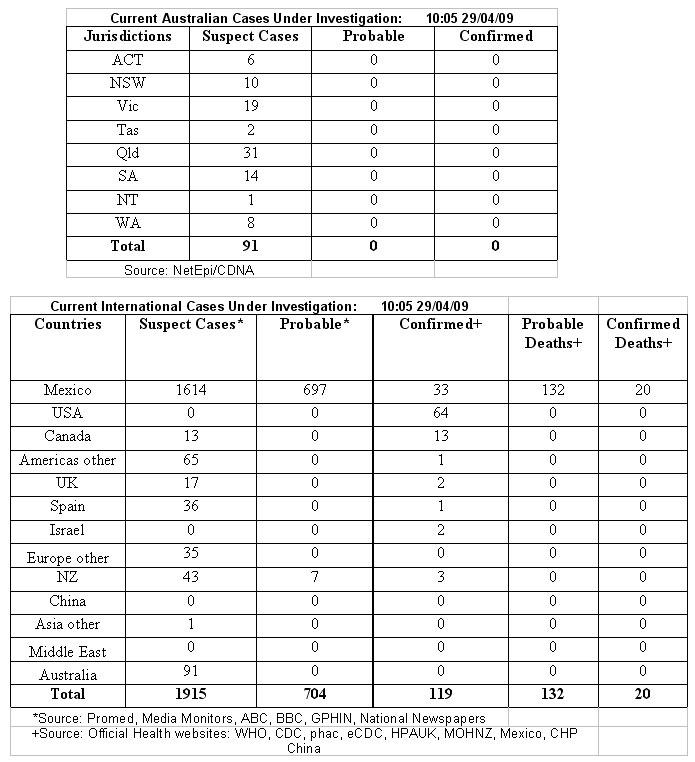Swine flu Pig flu?
Swine flu or otherwise labelled 'Pig Flu' is latest biosecurity challenge
Experts on the prevention, handling and treatment of influenza-type viruses and pathogenic material are meeting in London over the next two days and the threat of a global flu outbreak will feature strongly in the discussions.Representatives from the Health and Safety Executive, Institute for Animal Health, Health Protection Agency and the Defence Science and Technology Laboratory are speaking at a two-day meeting organised by the Institution of Chemical Engineers (IChemE).
Preparation for Biocontainment, biosafety and biosecurity 2009 began last year and IChemE's advance publicity referred to the 'near certainty of an influenza-type pandemic in the future'.
"The timing is coincidental, but it's an opportune moment for experts to come together and discuss the likelihood and impact of a flu pandemic and what needs to be done combat the threat," says IChemE Director of Policy, Andrew Furlong.
Speakers will discuss the release of specific pathogens, including H1N1 - a new variant of which is responsible for the swine flu outbreak; rapid response biomanufacturing of vaccines and antibodies; and patient decontamination and the temporary provision of patient isolation systems.
Interest in biocontainment and biosecurity has grown steadily in the chemical engineering community. In 2007, IChemE Fellow, Keith Plumb featured across the UK media discussing the Foot and Mouth Disease outbreak at Pirbright, Surrey and the biocontainment breach that led to the release. Now Plumb is calling for a measured response in the face of intense media speculation around the threat of 'Mexican Flu'.
"Let's keep things in perspective," says Plumb.
"This is not 1918; and with over 30 million doses of antiviral treatments, effective against H1N1 available in the UK right now we are well placed to combat any outbreak. We should also bear in mind that there are two flu-vaccine manufacturers in the UK (Novartis and Medimmune) and whilst there may be capacity issues, both companies are technically capable of producing appropriate vaccines.
Plumb continues, "There is no evidence of pandemic in Europe at this point in time but should the threat increase, the UK has a wealth of scientific and engineering expertise which can be deployed to ramp up the countermeasures necessary to protect the population at large.
"Ultimately, the problem won't be solved by government or some sort of national security clampdown - it's the medical profession supported by engineers and scientists who will see us through," adds Plumb.
Swine Influenza Update Bulletin
11am 29 April 2009
About chemical engineers
Chemical, biochemical and process engineering is the application of science, maths and economics to the process of turning raw materials into everyday products. Professional chemical engineers design, construct and manage process operations all over the world. Pharmaceuticals, food and drink, synthetic fibres and clean drinking water are just some of the products where chemical engineering plays a central role.
About IChemE
IChemE (Institution of Chemical Engineers) is the hub for chemical, biochemical and process engineering professionals worldwide. With a growing global membership of some 30,000, the Institution is at the heart of the process community, promoting competence and a commitment to best practice, advancing the discipline for the benefit of society, encouraging young people in science and engineering and supporting the professional development of its members. For more information, visit www.icheme.org
MORE
- Melanoma treatment
- Positive
- Chickenpox Vaccination
- Treatment for Advanced Liver Cancer
- Genetic link to depression in Huntington's disease
- Electronic Prescriptions
- Aussies Waking Up to Allergies
- managing type 2 diabetes
- Kidney Watch Early Detection
- Kidney Watch High Blood Pressure
- Sleep Loss and Daytime Performance



